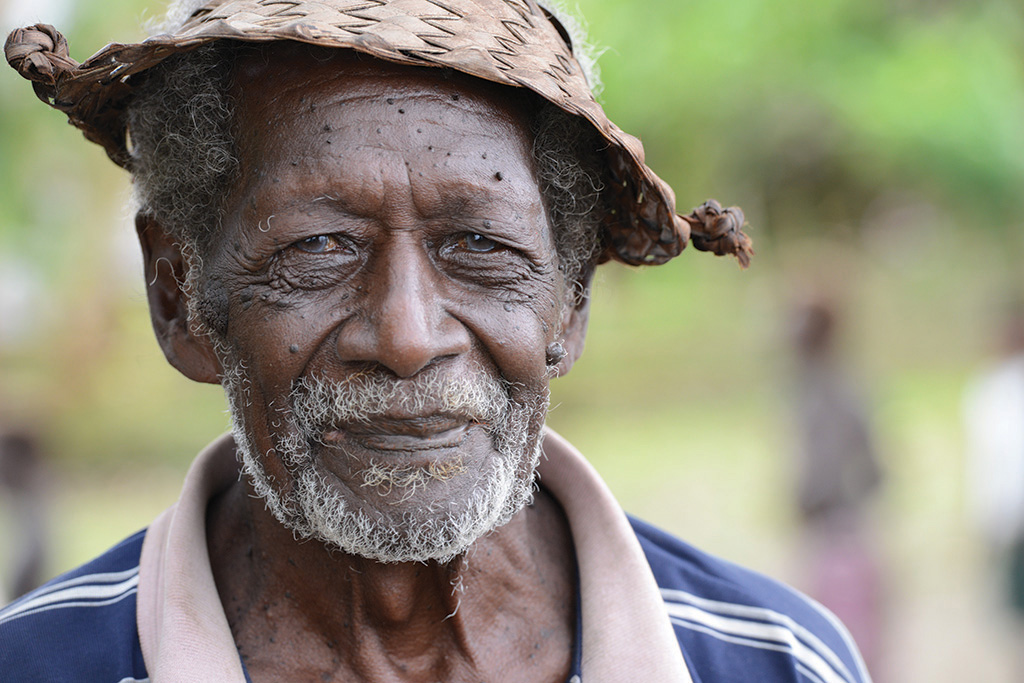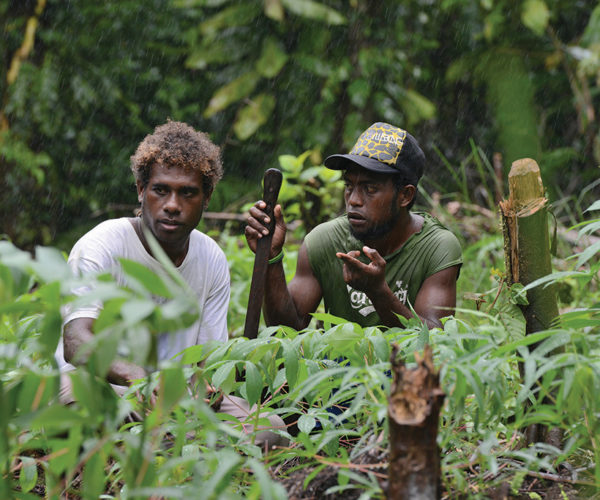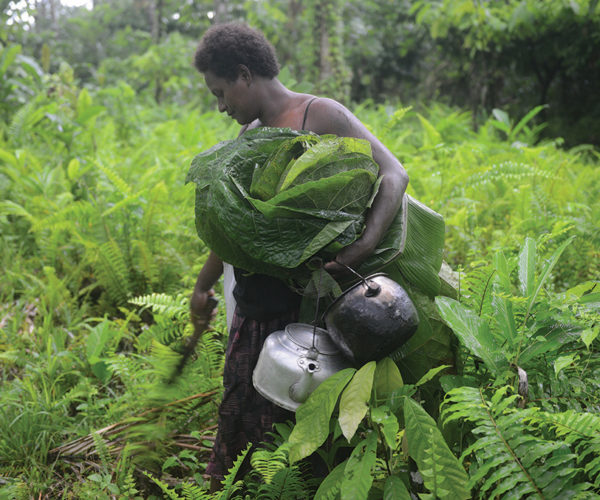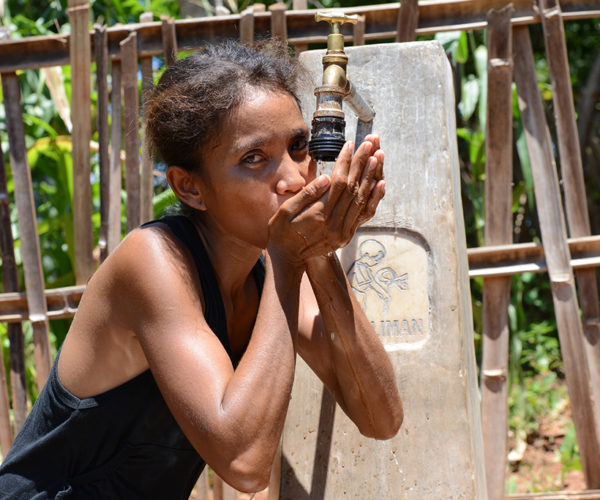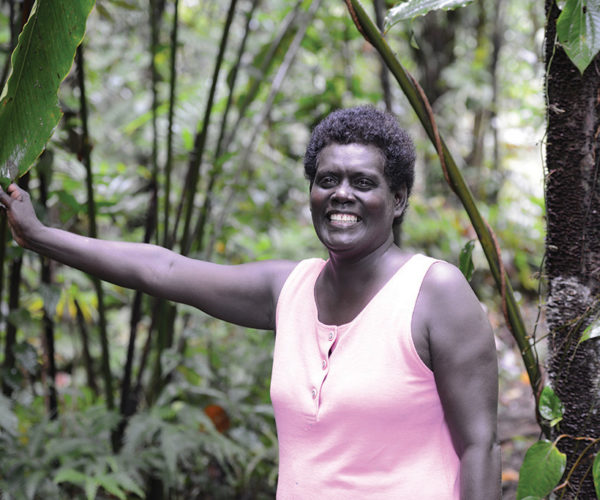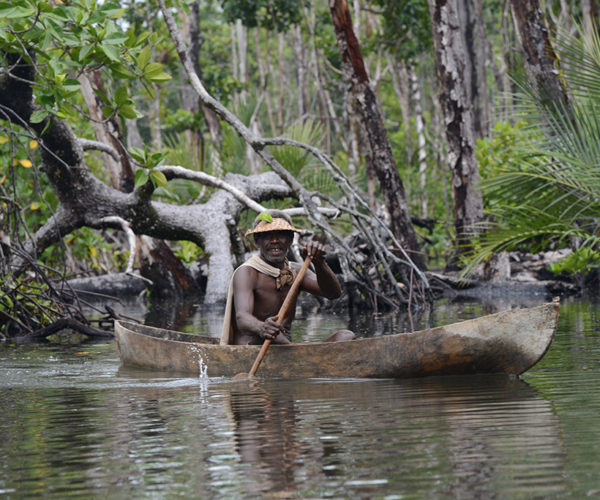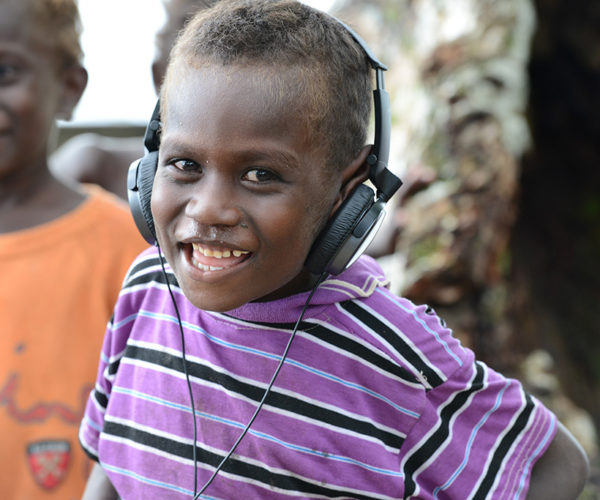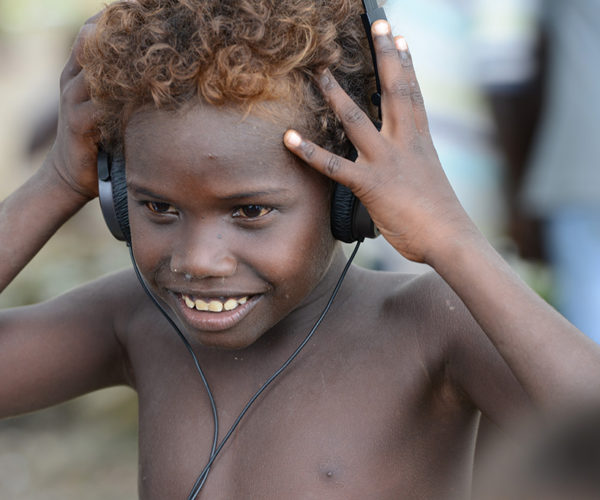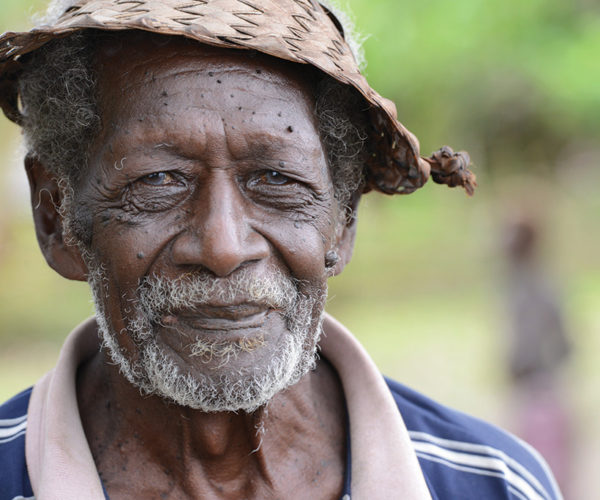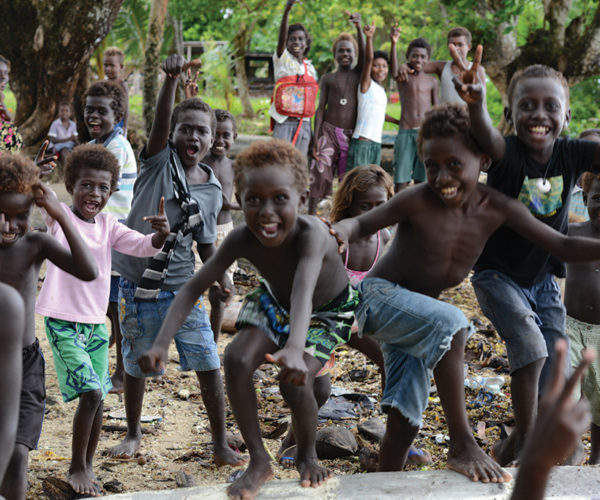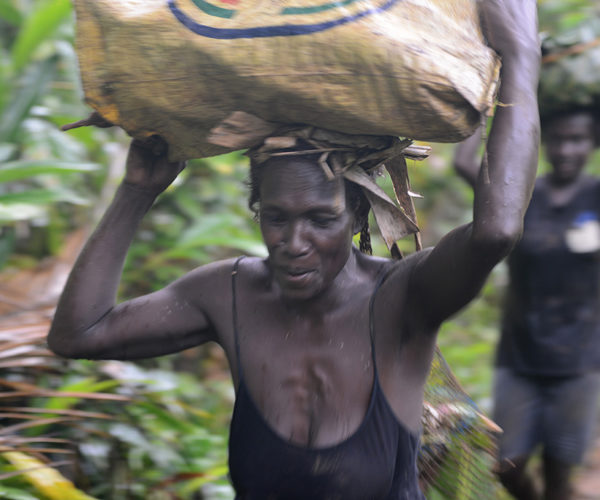Client
The Australian Government’s Pacific Adaptation Strategy Assistance Program
Task
Between February and June 2013, I developed a series of case studies on evidence-based climate change decision making in the Pacific and Southeast Asia region.
The work was produced while I was a senior science communicator for Econnect Communication.
The 4 case studies were included:
- Cook Islands
- Solomon Islands
- the Federated States of Micronesia
- Timor-Leste.
I interviewed community members, government officials and the Australian scientists involved in the projects in those countries.
All the case studies look at the projected impacts of climate change and how governments and communities can:
- improve planning and governance to deal with increased likelihood of more intense cyclones and weather events (Cook Islands case study)
- deliver food security for increasing populations with decreasing agricultural productivity (Federated States of Micronesia case study)
- build resilience at a community level against changes such as population growth, decreasing availability of food resources, and sea-level rise (Solomon Islands case study)
- ensure groundwater availability for increasing populations with decreasing, and potentially contaminated, supplies (Timor-Leste case study)
I produced the text, photography and video footage for each case study.
Solomon Islands
- 2-page news article – 17,000 remote islanders take action against climate change
- 4-page project overview – Adapting to climate change in remote Roviana
- 6-page brochure – A community-based approach to adapting to climate change
- 5-minute video – Remote communities in Solomon Islands tackle climate change
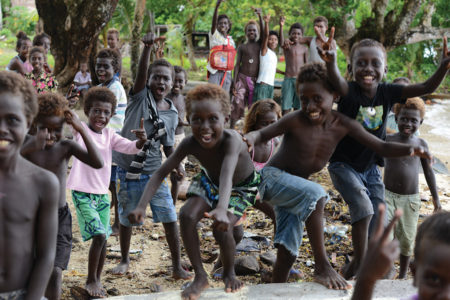
Cook Islands
- 2-page news article – The Cook Islands planning to get more cyclone savvy
- 4-page project overview – A national approach to managing climate change in the Cook Islands
- 6-page brochure – Preparing a nation for the impacts of climate change
- 6-minute video – Planning for climate change in the Cook Islands
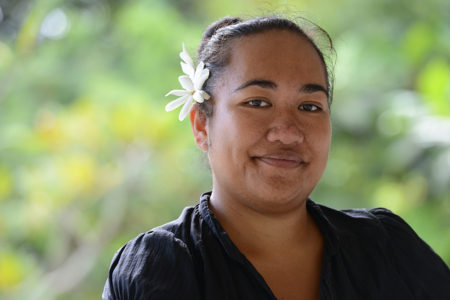
Timor-Leste
- 2-page news article – Securing groundwater in Timor-Leste no longer a pipe dream
- 4-page project overview – Securing groundwater in Timor-Leste in a changing climate
- 6-page brochure – Water science helps secure groundwater for Timor-Leste
- 6-minute video – Securing groundwater in Timor-Leste
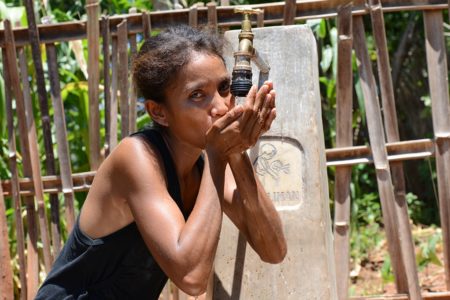
Federated States of Micronesia
- 4-page project overview – Securing food resources in the Federated States of Micronesia
- A1 poster describing the research activities – Securing food resources against the impacts of climate change in the Federated States of Micronesia
